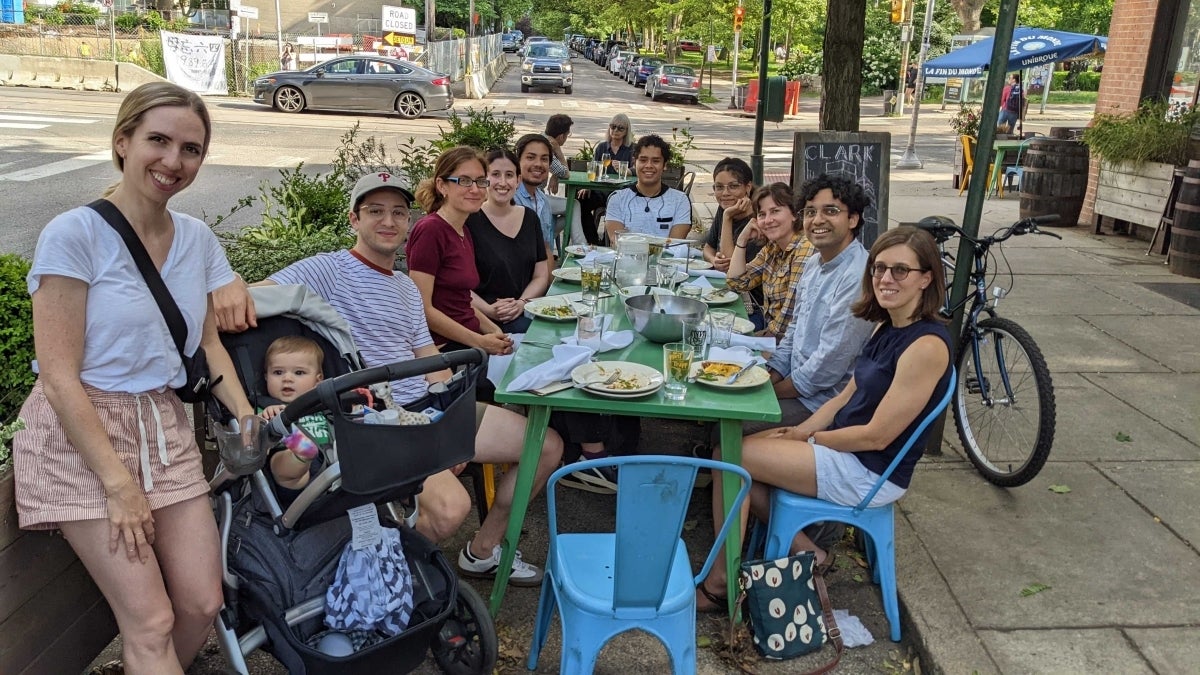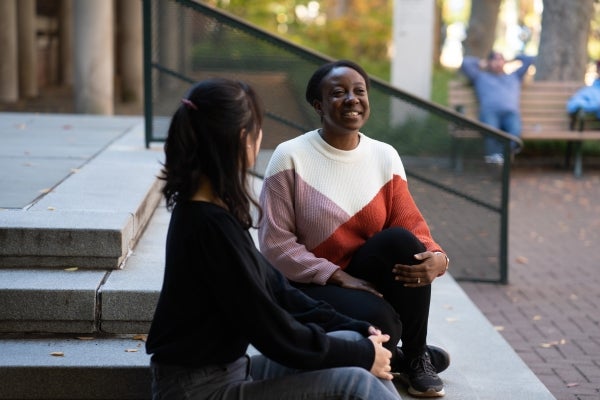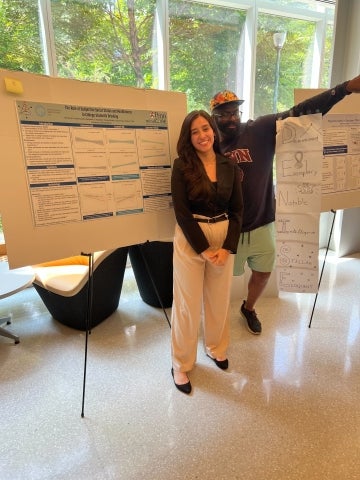
Opportunities
Are you interested in joining our lab or its research? Read on!
We believe that our science is better with a diverse team. We embrace and encourage our lab members’ differences in age, color, disability, ethnicity, family or marital status, gender identity or expression, language, national origin, ability, political affiliation, race, religion, sexual orientation, socio-economic status, veteran status, and other characteristics that make our lab members who they are.
Alumni from our lab have gone on to successful careers in research, and academia, government, non-profit, and business arenas. Many of them continue to collaborate with us and with one another.
- If you are interested in joining our team as a postdoctoral fellow, graduate student, or undergraduate researcher, the instructions on how to apply or reach out are below.
- If you are interested in being research participants/subjects in our lab, please email lab.manager@falklab.org.

Postdoctoral Fellows

We’re excited to share that we’re actively recruiting a postdoc!
Are you curious about how the environments in which people spend time influence their health? Are you motivated by research that promotes climate action, resilience, and wellbeing?
Click here to see the full job description and application instructions
Graduate Students

We are currently reviewing applications through Penn's Ph.D. programs in the Annenberg School for Communication and Department of Psychology to work with us in the Communication Neuroscience Lab and/or the Climate Communication Division of the Annenberg Public Policy Center. We seek individuals who are eager to contribute to our research and lab community. When considering prospective trainees, we look for the following qualities and skills:
Alignment in Research Interests
We value candidates whose research interests align with one or more of our core areas, including:
- Climate communication and action
- Health communication and behavior change
- The psychology and/or neuroscience of successful communication, behavior change, social connection, and how ideas and behaviors spread
Qualifications
Prospective trainees should have prior research experience, strong quantitative skills, strong written and oral communication skills for presenting research findings, demonstrated problem-solving ability to tackle research challenges creatively and effectively, and strong time-management skills.
Skills to Develop
We also seek individuals who are eager to develop the following skills during their time in our lab:
- Advanced Research Techniques: Mastery of cutting-edge methodologies and technologies that might include social network analysis, geospatial data analysis, fMRI, large-scale field experiments, youth participatory action research.
- Project Management: Ability to manage and lead research projects from conception to publication.
- Collaboration: Experience working in a multidisciplinary team environment.
- Critical Thinking: Enhanced ability to critically evaluate research literature and methodologies.
Application Process
If you are passionate about research, interested in developing the above skills, and excited to collaborate on projects, we encourage you to apply to join our lab.
Prospective students should apply via the Annenberg School for Communication and/or Department of Psychology.
It is possible to apply to more than one program. Each program/department has a different admissions process, so please review the information provided through each one to decide which one(s) would be the best fit.
Undergraduate Researchers

1) Work-study Research Assistant Positions
We welcome applications from work-study undergraduate students at Penn. In general, we look for a strong desire to learn about conducting research in a wide range of fields (e.g. social sciences, public health, communication).
Typically, undergraduate students are asked to commit 8-12 hours per week in the lab for at least one year. Other arrangements can be made on a case-by-case basis (e.g. in the summer, when students have more hours per week to commit).
Interested students can complete this survey to give us a brief overview of your interests and past experiences.
2) MindCORE Summer Fellowship (REU) Program
MindCORE Summer Fellowship (REU) Program is a paid 10-week program for both Penn and non-Penn undergraduate students. Summer Fellows are matched with select MindCORE faculty in interdisciplinary mind and brain studies based on student research interest and mentor preference. With their mentors, students embark on a research project shaped as much as possible by their interests. Housing is provided for all non-Penn participants.
Interested students can read more about the progran, its eligibility requirements, and its application instructions on the MindCORE website. In the application, interested students can list Prof. Emily Falk as a desired mentor.
High School Students
Unfortunately, we are not able to offer any opportunities (neither paid nor volunteer) for high school students to work with our lab.
Lab Gallery
We are serious about science — and about enjoying ourselves while doing it!


























